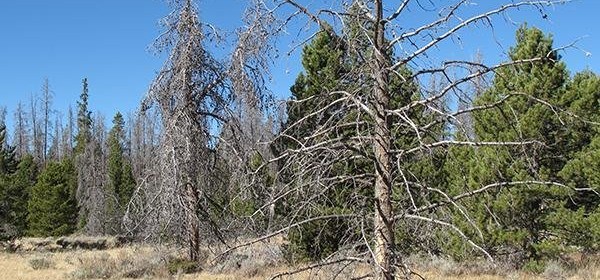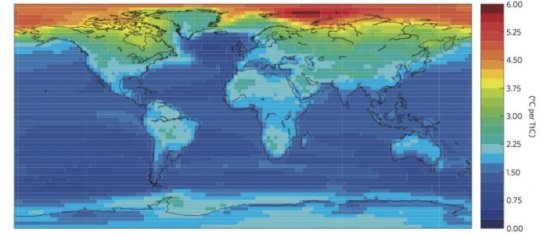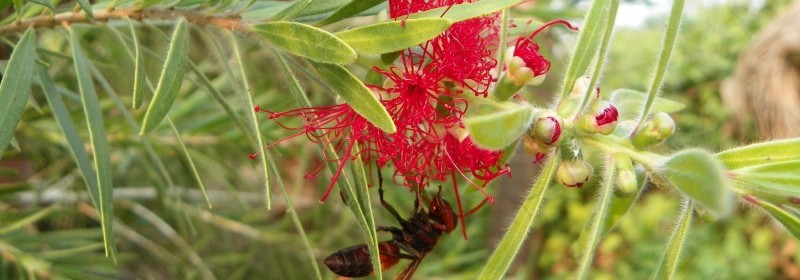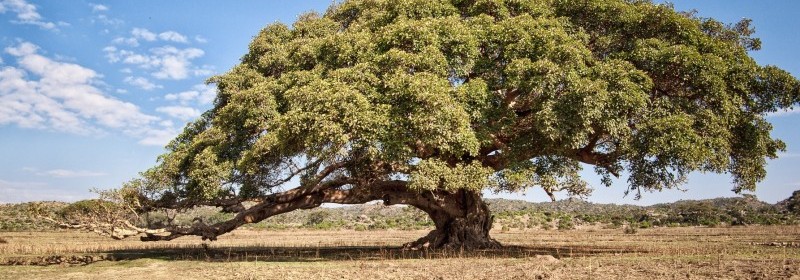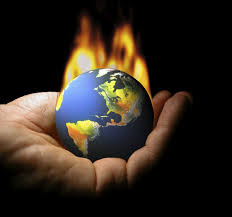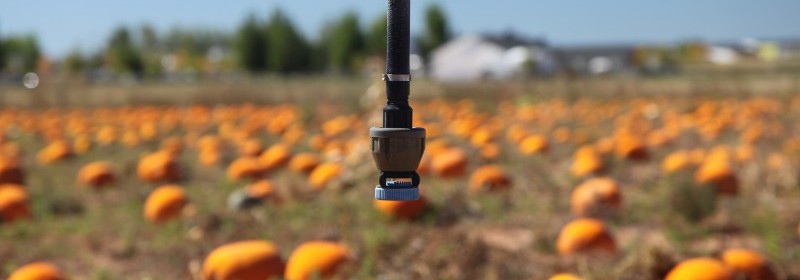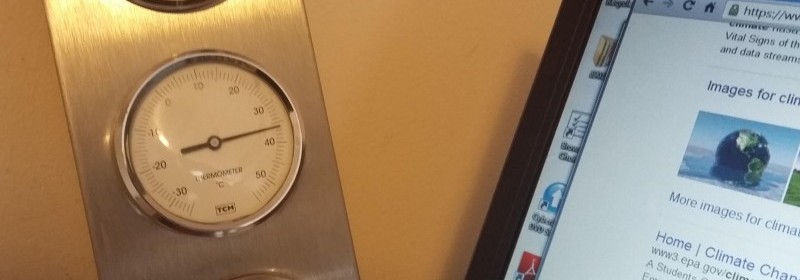Warming dulls US rats’ taste for toxins
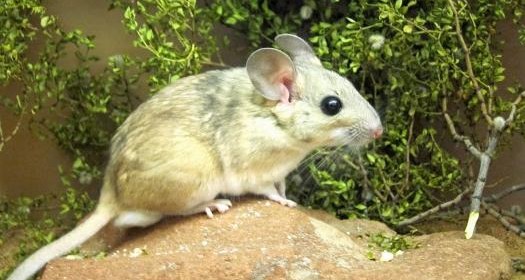
Herbivores such as desert woodrats are being forced to change eating habits as rising temperatures are making their usual diet of toxic plants unpalatable. LONDON, January, 2016 – The desert woodrat of the US west doesn’t care for its meals to be served hot. That is because, as the temperatures go up, it tends to lose much appetite for its […]
Read more
